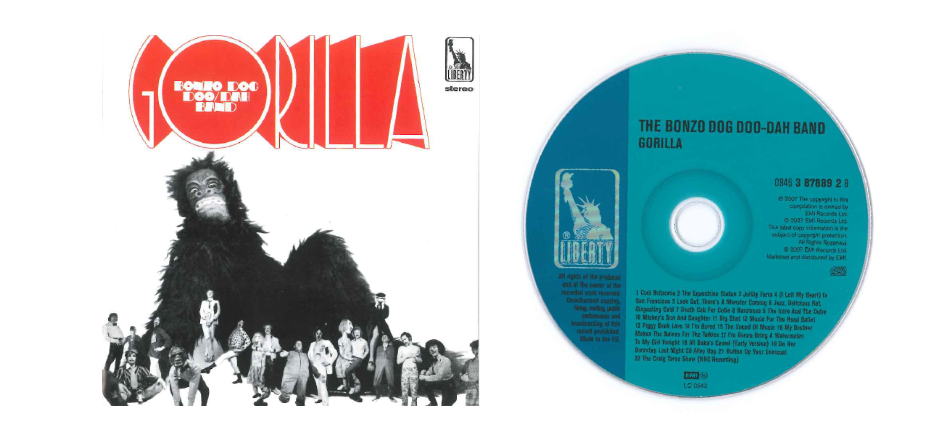 Last week I discussed the use of the word “de-adoption” in the title of a paper recently published in The BMJ: “De-adoption and exnovation in the use of carotid revascularisation”. I analysed “de-adoption” and suggested that “disinvestment” was a preferable term—well established, more commonly used, and more relevant. Here I analyse the neologism “exnovation”.
Last week I discussed the use of the word “de-adoption” in the title of a paper recently published in The BMJ: “De-adoption and exnovation in the use of carotid revascularisation”. I analysed “de-adoption” and suggested that “disinvestment” was a preferable term—well established, more commonly used, and more relevant. Here I analyse the neologism “exnovation”.
Searching PubMed, Embase, Medline, and PsycINFO for “exnovation” as a textword I found only five examples, three of them in the past two years. The earliest dated from 2011. However, there are earlier instances in the US business literature. In 1981 it was defined as “the process whereby an organization decides to divest itself of an innovation that it had previously adopted”. More concisely, on the front cover of a 2015 issue of Business & Economy, “India’s most influential business & economy magazine”, “exnovation” was defined as “reverse innovation”.
The phoneme ex-, which we use as a prefix, was both a word and a prefix in Greek (ἐξ) and Latin (ex). In both languages it meant out of, and in both it had alternative forms, in Greek ἐκ and in Latin ē. Two forms were needed, for the sake of euphonious pronunciation. In Greek ἐξ occurred only before vowels, as in ἐξανθημα, an efflorescence or eruption, ἐξεντερίζειν, to disembowel, and ἐξόϕθαλμος, having prominent eyes, giving us exanthem, exenterate, and exophthalmos. Before consonants ἐξ was replaced by ἐκ, which became ec- in Latin and English, giving derivatives such as ecbolic (ἐκβολή, expulsion), ecchymosis (ἐκχυμίζω, to extract juice from), and Ecstasy (ἔκστασις, outward movement).
In classical Latin the prefix ex- was used before all vowels and some consonants (c, h, p, q, and t); before f it became ef- and before other consonants it became ē. All these various forms are represented in many English derivatives; for example, examination, excoriation, exhalation, expectorant, exquisite, extensor, effervescent, eburnation, and eventration. When an s followed the prefix, it was commonly omitted in mediaeval Latin, and therefore also in some English derivatives, such as exudate (from sudor, sweat) and extinct (from stinguere, to quench), but retained in others, such as exsanguinate and exsciccate.
I and my colleagues have defined a rewardable medicinal innovation as “a product that provides, through a step change, something novel, with the potential or proven ability to yield, for individuals and/or their society, a treatment not previously available or a clinically significant improvement in treatment, with large health gains and a favourable benefit to harm balance, at an acceptable cost.” This implies that an intervention, apparently innovative, should not be generally adopted if it has not been properly tested or if it is not cost effective, even if it appears to be beneficial. If it is inappropriately adopted, the decision may need to be reversed at a later stage; hence the ideas of de-adoption and exnovation.
The in- in innovation is a Latin prefix meaning into, in, or within, on or upon, towards or against; the opposite is ex or ē. If one wanted to form a word meaning the opposite of innovation, one would use ē, as in enervation and enucleation, rather than ex. In other words, the word would be “enovation” rather than “exnovation”. However, I have a different suggestion.
In 1967 a group called Bonzo Dog Doo-Dah Band recorded an album called Gorilla (“dedicated to Kong who must have been a great guy”), including a track called “The Intro and the Outro”. The narrator Vivian Stanshall starts by introducing the band: “Like to introduce Legs Larry Smith drums and Sam Spoons rhythm pole and Vernon Dudley Bohey Nowell base guitar and Neil Innes piano; come in Rodney Slater on the saxophone with Roger Ruskin Speare on tenor sax; hi Vivian Stanshall trumpet”, and continues by naming others, who ostensibly join in: “big hello to Big John Wayne xylophone and Robert Morley guitar, Billy Butlin spoons; … Princess Anne on sousaphone; …over there Eric Clapton ukulele (hi Eric); … a sessions gorilla on vox humana; … digging General de Gaulle on accordion (really wild General), … Roy Rogers on Trigger; …Count Basie Orchestra on triangle; … Quasimodo on bells; … J Arthur Rank on gong”. The title of the piece contained the first instance of the word “outro”, which is now defined in the OED as “a concluding section, esp. of a piece of music or a broadcast programme”.
So, since “intro” is a contraction of “introduction”, literally “leading inwards”, I suggest instead of “exnovation” another, possibly more attractive, neologism—outroduction.

Gorilla, the Bonzo Dog Doo-Dah Band’s 1967 album (remastered with bonus tracks in this CD version on EMI’s Liberty label in 2007), featuring “The Intro and the Outro” (track 9)
Jeffrey Aronson is a clinical pharmacologist, working in the Centre for Evidence Based Medicine in Oxford’s Nuffield Department of Primary Care Health Sciences. He is also president emeritus of the British Pharmacological Society.
Competing interests: None declared.
